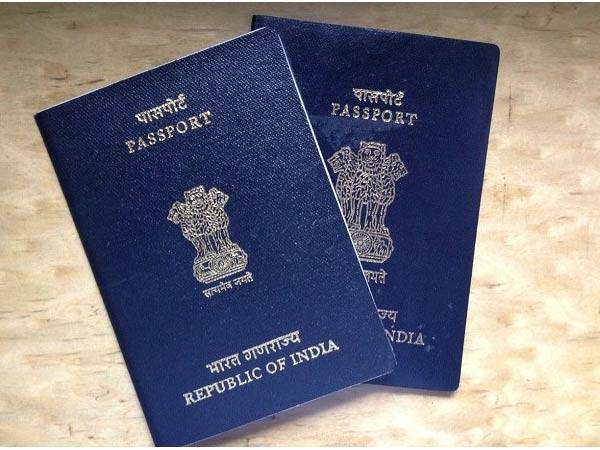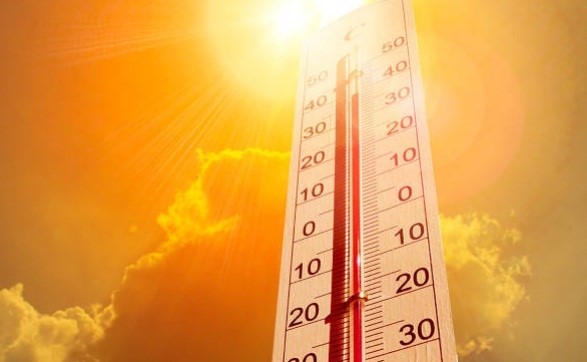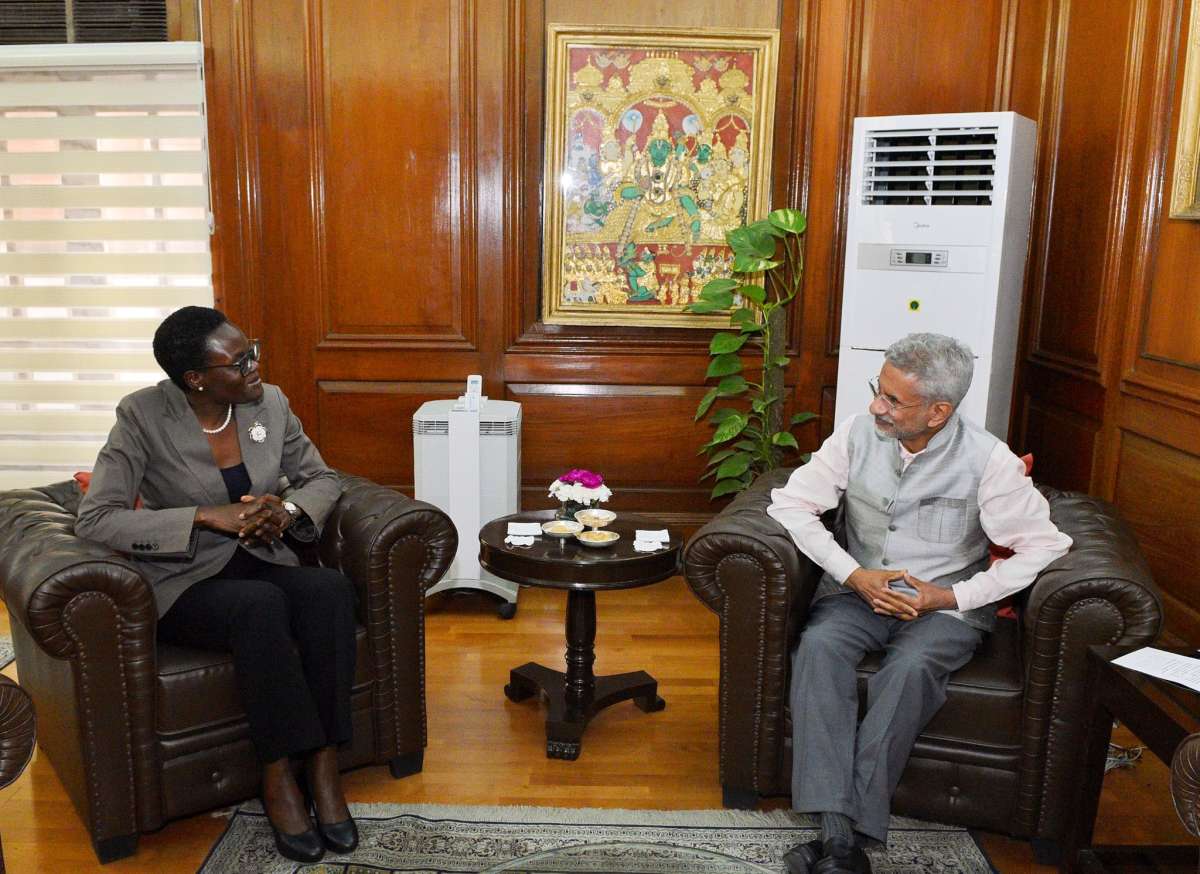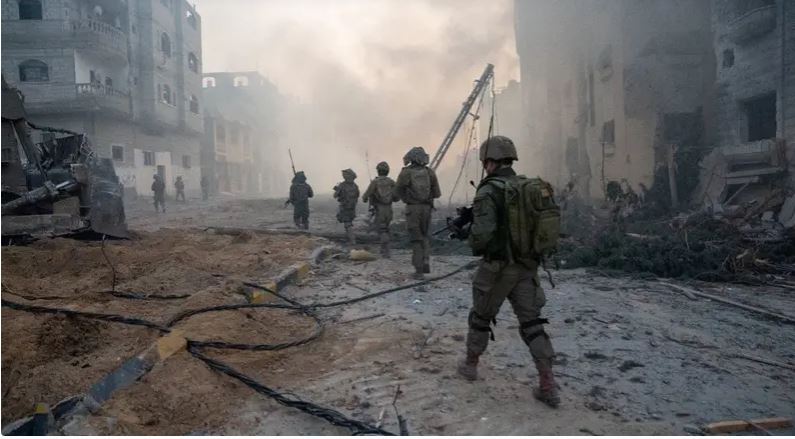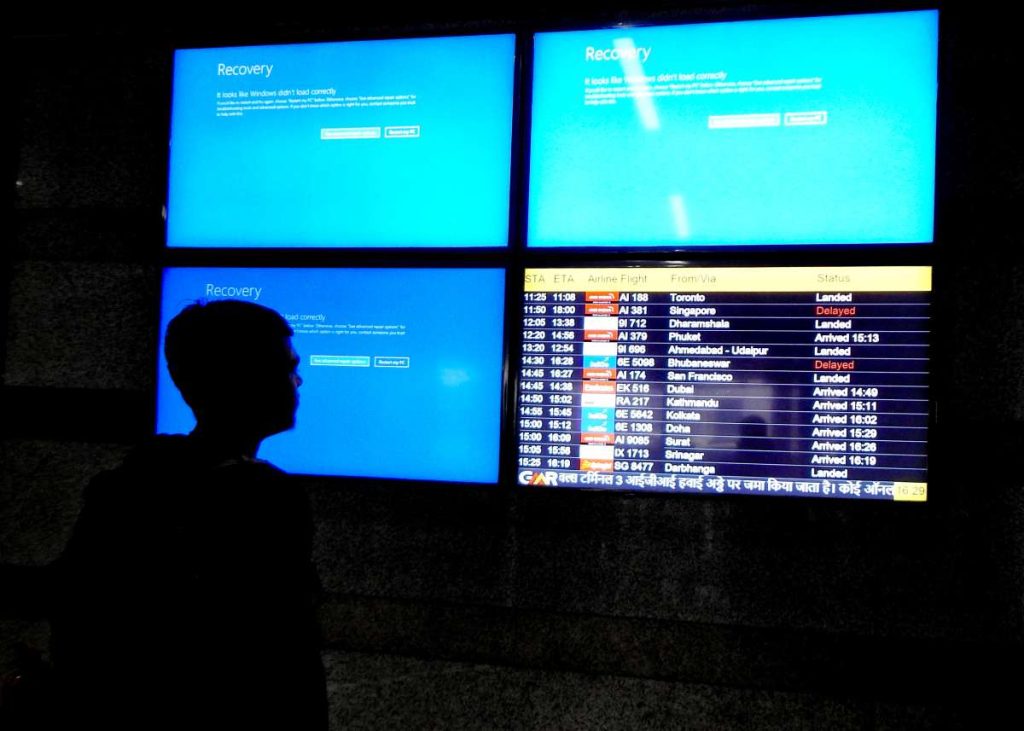Singapore was ranked the leader on the passport index, reclaiming its title as the world’s most powerful passport in the latest ranking….reports Asian Lite News
India has been ranked at 82nd spot on a global passport index, allowing Indians visa-free entry to 58 countries, including popular destinations like Indonesia, Malaysia and Thailand.
According to the latest ranking by the UK-based Henley Passport Index, India’s passport now ranks at an improved 82nd spot. The ranking is based on data from the International Air Transport Association (IATA).
The Henley Passport Index is a global ranking of countries according to the travel freedom allowed by those countries’ ordinary passports for their citizens.
Singapore was ranked the leader on the passport index, reclaiming its title as the world’s most powerful passport in the latest ranking.
“The city-state also sets a new record score, with its citizens now enjoying access to 195 travel destinations out of 227 around the world visa-free. France, Germany, Italy, Japan, and Spain drop to joint-2nd place, each with visa-free access to 192 destinations,” according to the Index.
An unprecedented seven-nation cohort, each with access to 191 destinations without a prior visa — Austria, Finland, Ireland, Luxembourg, Netherlands, South Korea, and Sweden — now sit in 3rd place on the ranking.
The UK was in fourth place along with Belgium, Denmark, New Zealand, Norway and Switzerland, despite its visa-free destination score falling to 190.
“The US, on the other hand, continues its now decade-long slide down the index, dropping down to 8th spot, with access to just 186 destinations visa-free,” said the Index.
According to IATA, airlines will connect nearly 5 billion people over 22,000 routes on 39 million flights in 2024, and the air cargo transported will reach 62 million tonnes, facilitating an $8.3 trillion in trade.
“Our industry expects to record revenues of almost $1 trillion this year. Expenses, however, will also be at a record high of $936 billion. Net profit will be $30.5 billion,” said IATA Director General, Willie Walsh.
The UAE made it into the Top 10 for the first time, having added an impressive 152 destinations since the index’s inception in 2006 to achieve its current visa-free score of 185.
ALSO READ: India govt allocates Rs 6.21 lakh crore for defence

